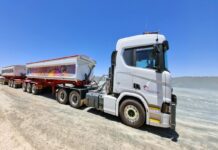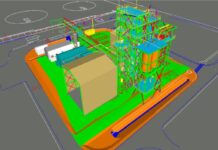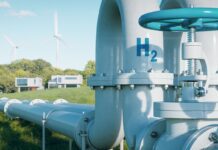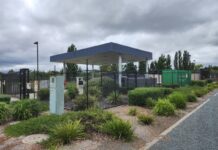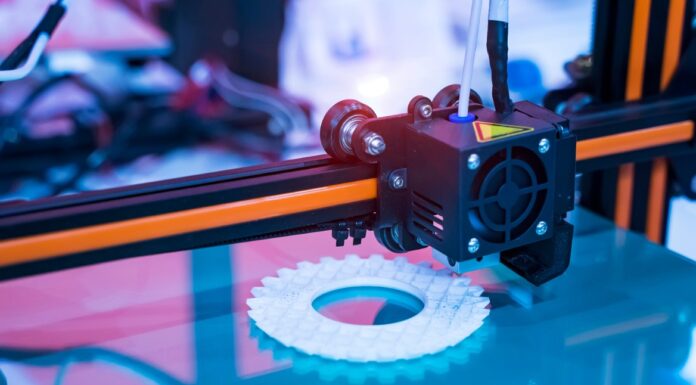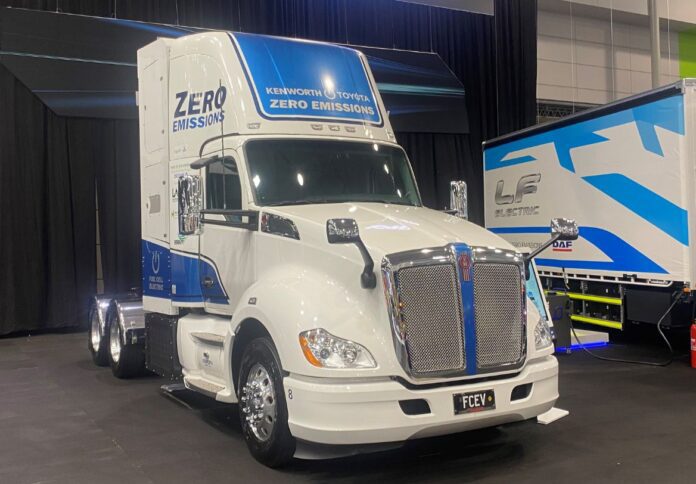
Deakin University’s hydrogen program Hycel has partnered with PACCAR Australia in research that would develop zero-emissions solutions for the domestic heavy haulage market using the hydrogen prime mover in Australia.
The truck, which will be showcased at the Brisbane Truck Show this week, 18 to 21 May, is one of 10 prototype Kenworth T680 Fuel Cell Electric Vehicles in existence.
It is a key part of Hycel’s hydrogen mobility program, which is focused on the performance characteristics of a heavy vehicle hydrogen fuel cell powertrain. The truck was also included in world-first operational trials in the Port of Los Angeles in 2022.
Associate Professor Michael Pereira, Deakin’s deputy research director for Hycel, said the partnership with PACCAR Australia presents a unique opportunity to work with one of the world’s most advanced hydrogen trucks.
“Partnering with PACCAR Australia means our team has direct, hands-on access to the T680 to familiarise ourselves with its operability. This hardware is critical to complementing our laboratory work,” Associate Professor Pereira said.
As part of the collaboration, Hycell will look into data from the US pilot program to understand how key elements of a hydrogen fuel cell powertrain perform and respond to operational demands.
“From here, we are developing state-of-the-art computer simulation models to predict the hydrogen fuel cell system and powertrain demands for Australia’s unique freight haulage conditions,” Pereira said.
The Hycel team and PACCAR will seek to address the Australian transport sector’s demands to deliver more payload per truck over longer distances when compared to other places in the world.
Work on the research has begun on Deakin’s Waurn Ponds campus and is slated to move and continue at the $24 million Hycel Technology Hub, which is currently under construction on Deakin’s Warrnambool campus.
“Decarbonising Australia’s heavy vehicle transport is a vital step toward reducing emissions and achieving reduction targets,” said Deakin University Vice-Chancellor Research Professor Julie Owens.
“As research and innovation partner to businesses like PACCAR Australia, we are thrilled to advance uptake of hydrogen in our nation’s clean energy future,” Owens added.


